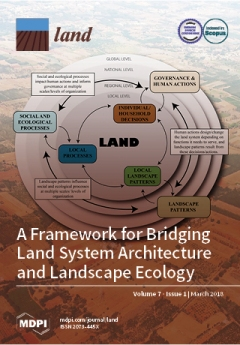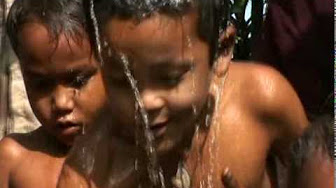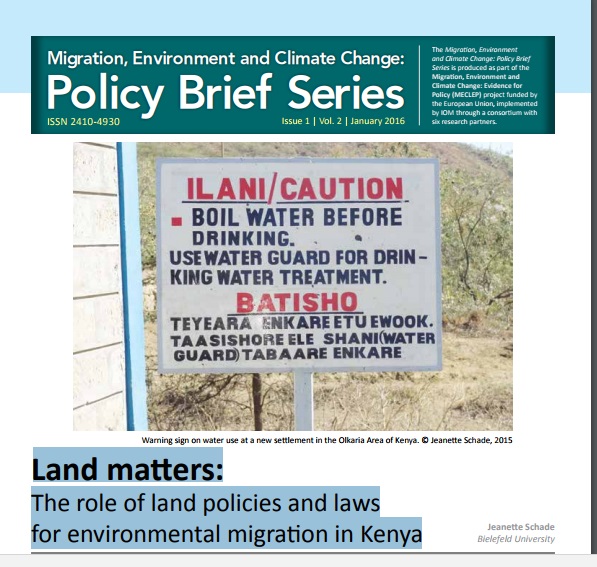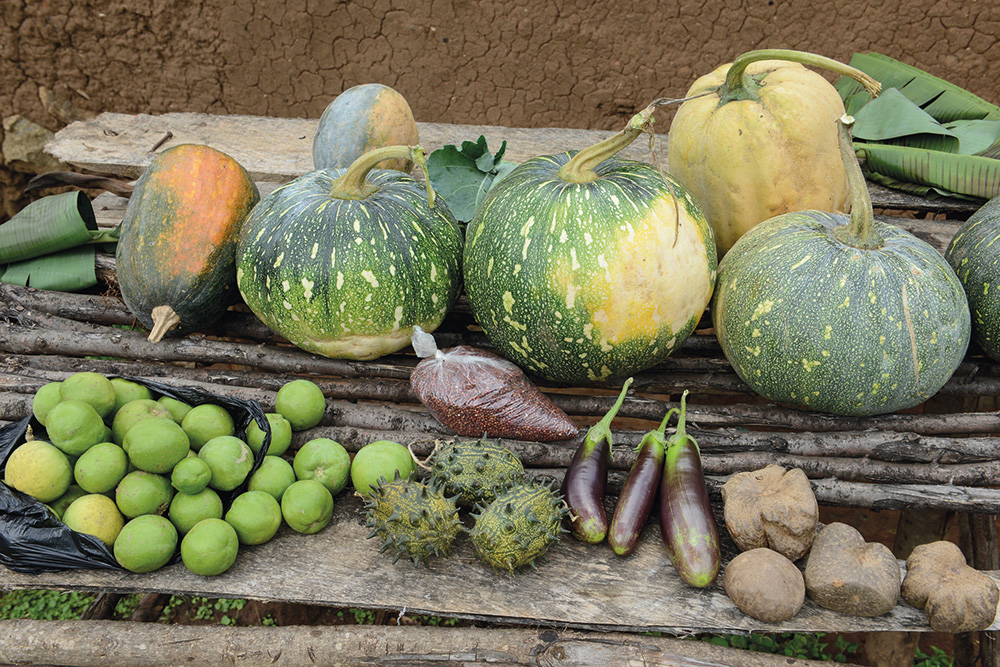Historical Analysis of Riparian Vegetation Change in Response to Shifting Management Objectives on the Middle Rio Grande
Riparian ecosystems are valuable to the ecological and human communities that depend on them. Over the past century, they have been subject to shifting management practices to maximize human use and ecosystem services, creating a complex relationship between water policy, management, and the natural ecosystem. This has necessitated research on the spatial and temporal dynamics of riparian vegetation change. The San Acacia Reach of the Middle Rio Grande has experienced multiple management and river flow fluctuations, resulting in threats to its riparian and aquatic ecosystems.










